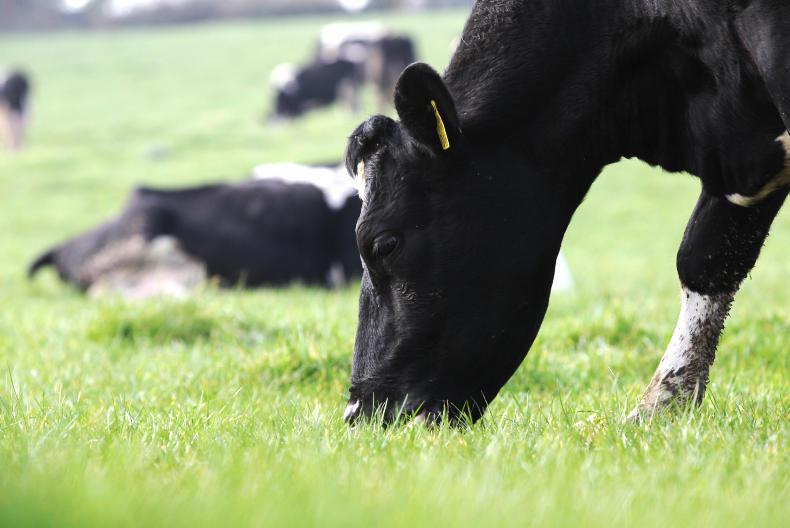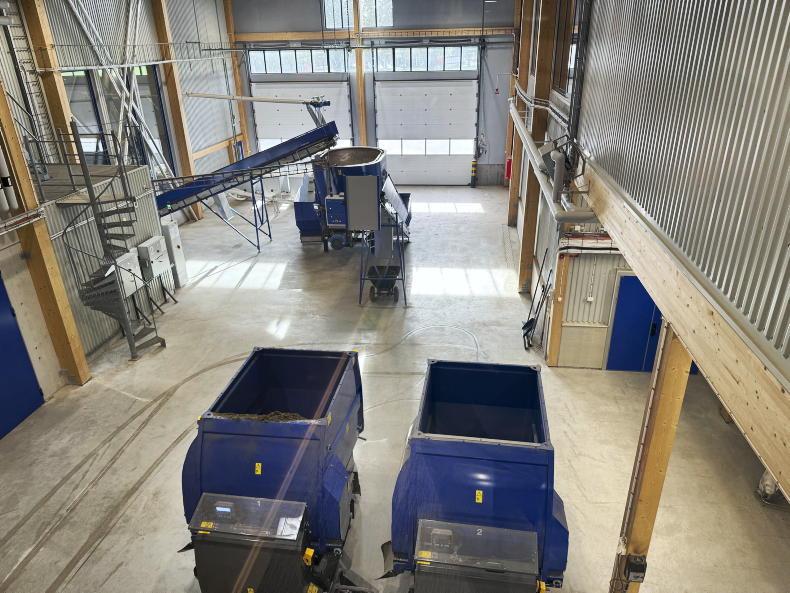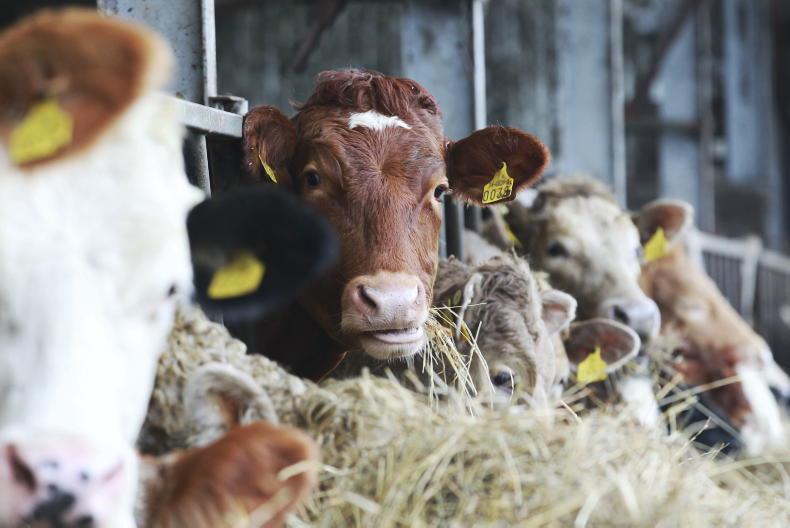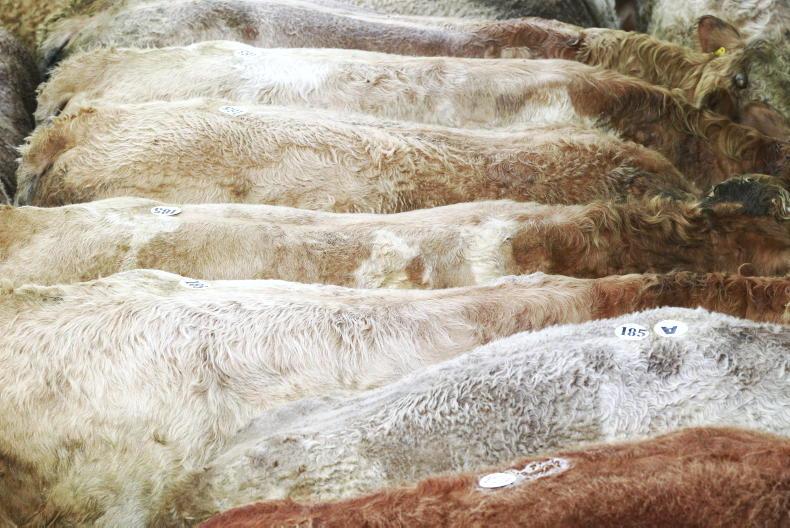The Irish Government has been called on to champion the need to reform rules of origin and territoriality rules in international trade to protect and facilitate cross-border supply chains on the island of Ireland by Dairy Industry Ireland and Dairy Council Northern Ireland.
Dairy Industry Ireland director Conor Mulvihill, chief executive of the Dairy Council for Northern Ireland Dr Mike Johnston and head of the Irish Whiskey Association William Lavelle appeared before the Seanad Special Select Committee on the withdrawal of the UK from the EU on Monday.
They said in a joint statement that new rules of origin would in turn safeguard a key feature of the Good Friday Agreement and all-island economy.
Trade agreements
“The European Commission has repeatedly pointed to the difficulties in revisiting 70-plus existing trade agreements to review rules of origins. This is an understandable position. But this is not our ask.
“Instead, we have proposed that the European Commission should consider new rules of origin, which protect cross-border supply chains on the island of Ireland, in all future EU FTA negotiations beginning with the current Australia FTA, as well in reviews of existing FTA as they arise, since not all current EU FTAs are utilised.
“However, we have received disappointing responses from the European Commission, with continued unwillingness to address this matter, despite being reminded of the anomalous nature and undermining of the Good Friday Agreement,” they said.
In the case of current EU-Australia FTA negotiations, they said the European Commission has proposed the same rules of origin for whiskey and dairy that have been proposed for the past 40 years and do not take account of Brexit and the realities of the Irish all-island economy.
“The Commission have stated that they do not intend to review any existing EU trade agreements on the back of Brexit,” they said.
Willingness
“We are calling for willingness at a political level within the EU, to take the decision that mixed origin products produced and processed on the island, are designated EU.
“If that can be done, then a workstream can be instigated to work with industry to work through existing FTAs to make them once again fit for purpose,” they said.
They pointed out that from 1 January 2021, a range of goods which are deemed to be produced in this state lost their EU originating status and, as a result, their access to lower or zero preferential tariffs under certain EU trade agreements with markets around the world.
In addition, mixed-origin dairy products, manufactured in Ireland, cannot have access to EU market support measures, they said.

“The goods impacted by this EU originating status include some Irish whiskey and some Irish dairy products."
Products
“What the impacted goods have in common is that they are produced primarily in this State, but contain some level of Northern Irish inputs or processing.
"In many cases, the production of these goods involves a reliance on cross-border supply chains which go back decades and which are among the leading examples of the Good Friday Agreement in operation.
“While the protocol of Ireland/Northern Ireland protects cross-border supply chains on the island of Ireland from tariffs and checks at the border, the failure to act on rules of origin effectively makes some cross-border supply chains much more difficult when it comes to exporting to certain countries.
“This very much works against the concept of a shared all-island economy, which is a key pillar of the Good Friday Agreement,” they said.
Impact on dairy
Some 90% of island of Ireland dairy products are exported “making it an engine of the island of Ireland economy” north and south, they said.
“Because of the nature of global dairy demand, there is a lot of opportunity outside traditional markets like the EU and Britain.
"Therefore, it is vital that a solution is found to allow world class dairy product manufactured in Ireland from the integrated all-island dairy supply chain to gain access to existing and future EU FTAs, as well as having access to EU market support programmes.
“This is an unfair and anomalous situation since milk and products produced in Northern Ireland must adhere to EU standards, with free movement being facilitated under the Ireland/Northern Ireland protocol.
“The failure to designate these mixed-origin dairy products manufactured in Ireland as EU is causing difficulties since, given that milk is a fungible product and has always been produced on the island of Ireland to the same EU standards, segregation of milk has never been needed and would be extremely difficult for dairy and specialised nutrition companies to achieve.
“The matter is further complicated by the fact that there is insufficient processing capacity in Northern Ireland to handle all the milk produced,” they said.
They said that the protocol ensures that the island is a single epidemiological unit applying single market rules.
“Also, in the case of dairy, it is vital that mixed island of Ireland dairy products finished in the south be allowed access vital EU market intervention and private storage aid tools under the common market organisation dossiers,” they said.








SHARING OPTIONS